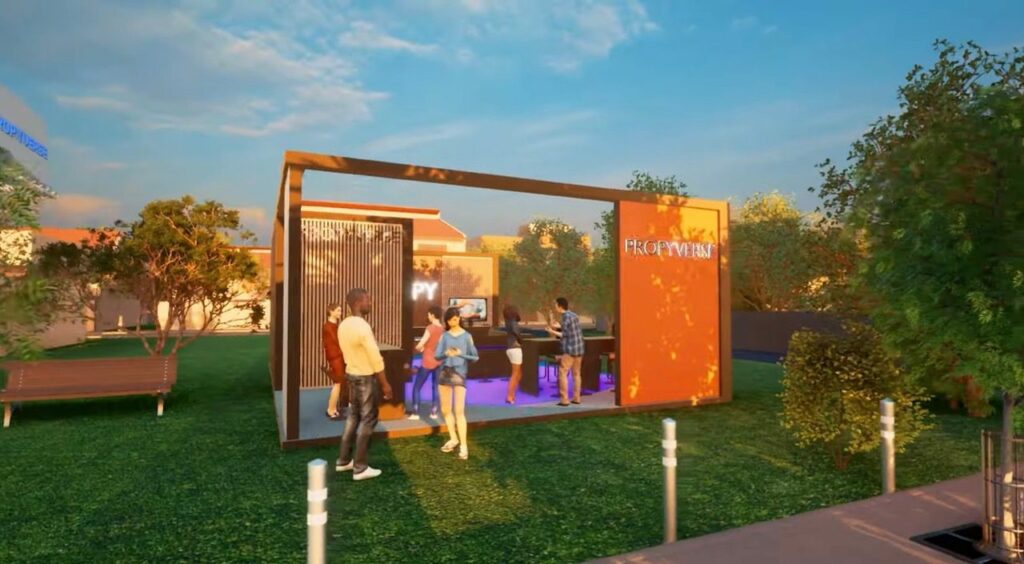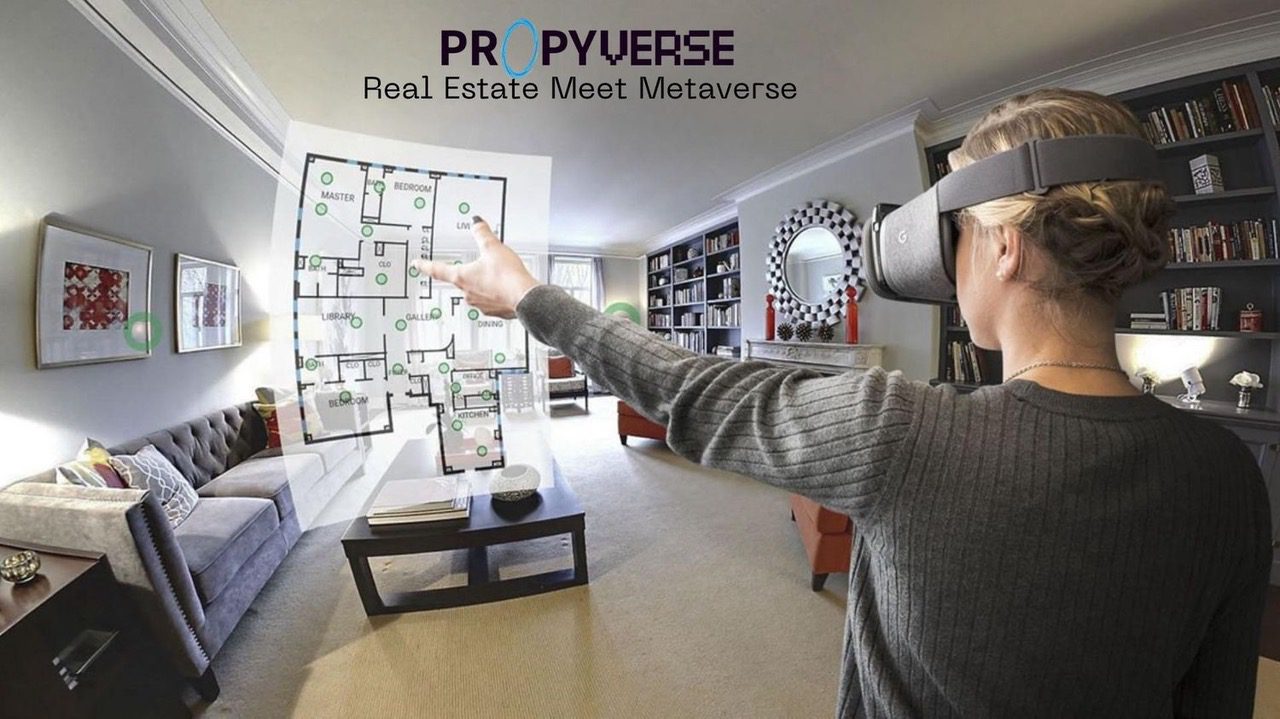By Riley Kaminer
When you’re looking to sell your house, having strangers tour your home can be disruptive, invasive, and time-consuming. For home buyers, touring an endless array of houses can also be a headache. It requires investing time and effort to schedule and attend multiple showings, dealing with potential disappointments when properties don’t meet expectations, and navigating through the complexities of evaluating and comparing different homes to make the right decision.
We’re living through the dawn of the metaverse – so why do we still have to drive around town to check out properties? That is the question Jim Park, a real estate and finance executive, found himself thinking.
“The way we buy and sell real estate, in some ways, is very antiquated,” Park told Refresh Miami. From MLS to Zillow, most tech solutions are Web 2.0 at best, in Park’s estimations.
“In watching the beginning of the web3 movement, I saw the web three environment also had a transformative ability to change the way we look at real estate. Sales, listing, a full transaction – all that and more will change in the years to come.” Case in point: the fact that people were buying homes sight unseen during the pandemic.

So last year, Park – along with a 10-person team – started developing Miami-based Propyverse: an interactive, virtual home buying ecosystem that facilitates real world property and digital twin transactions. The idea is that through Propyverse’s platform, which is on track to launch in the coming weeks, home buyers can tour houses and neighborhoods right through the comfort of their own home using either an Oculus device or their computer.
“I think these are kind of the innovations that are going to reshape the way we do business in the future,” said Park of the advantages of metaverse tools like Propyverse. The startup will make profit from the transactions that take place through its platform.
Initially, Park expects most homes on the platform to be on the higher end of the market, since there is an upfront cost in creating a digital rendering of the home. “I think the adoption from that segment is going to be fast in the short-term,” said Park. But in the long-term, he asserted that this will help a much broader swathe of home buyers. For example, it could reduce the chance of racial steering, or real estate brokers’ discriminatory practice of directing or discouraging prospective home buyers to or from certain neighborhoods based on their race.
Miami is the first city where Propyverse will be active. Park shared two main reasons. First is that he views Miami as the web3 capital of the world. And second, that many people who buy real estate in Miami actually live far away – so Propyverse will help them save time in the home buying process.
Another key factor of Propyverse’s platform is the ability to purchase swathes of digital land. Then, digital ‘landlords’ can make revenue from renting out use of the virtual property: for example, when the physical owner wants to use it to sell their property. “It creates an interesting dynamic,” Park said of the digital economy Propyverse is creating. There will also be various gamification features such as ‘play-to-earn’ rewards for attending virtual open houses.
Propyverse’s marketplace is powered by the $PRO digital asset, which is a coin issued by Miami startup Propy. Park shared his excitement about working with Propy, particularly since Propy has donated some tokens to get Propyverse off the ground. “Without founder and CEO Natalia Karayaneva’s support and the tokens Propy has donated to the effort, we wouldn’t be here today,” shared Park.

READ MORE ON REFRESH MIAMI:
- Real and virtual worlds converge with Propy’s NFT-powered home purchasing platform
- Buy, rent, sell, manage: Miami’s proptech ecosystem may be as hot as our real estate market
- Is a real estate property too good to be true? VisionX can give you the lowdown
- Rental boom is a boon for Miami Beach-based property management platform DoorLoop





